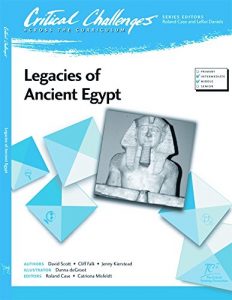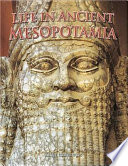Listed below are selected teacher resources and non-fiction related to ancient civilizations.
Teacher Resources
by David Scott
Grades: 4-9
A unit on Ancient Egypt, including comprehensive lesson plans, and its links to present day. For more in the “Critical challenges across the curriculum series”, click here.
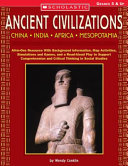 Ancient civilizations: China, India, Africa, Mesopotamia
Ancient civilizations: China, India, Africa, Mesopotamia
by Wendy Conklin
Grades: 5-12
This book provides lessons and activities to allow students to explore various aspects of different ancient cultures, such as planning travel through different regions, acting out plays, practicing calligraphy, playing board games, and more.
Non-Fiction
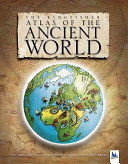 The Kingfisher atlas of the ancient world
The Kingfisher atlas of the ancient world
by Simon Adams, illustrated by Katherine Baxter
Grades: K-4
This atlas has 17 maps of the ancient world, from 10,000 BC to 1000 AD. Each map shows the major sites from a particular civilization or group of civilizations, with information on the people, customs, and cultural and architectural artifacts.
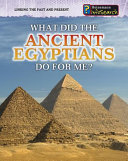 What did the ancient Egyptians do for me?
What did the ancient Egyptians do for me?
by Patrick Catel
Grades: 3-6
This book covers many aspects of ancient Egyptian life, including art, architecture, medicine, government, and work life. For more books in the “Linking the past and present” series, click here.
by Shilpa Mehta-Jones
Grades: 3-6
This book describes the lives of ancient Sumerians, Babylonians, and Assyrians. Lawmakers such as Hammurabi, the architectural inventiveness of ziggurats and the Hanging Gardens of Babylon, and the invention of cuneiform writing are also featured. For more books in the “Peoples of the ancient world” series, click here.
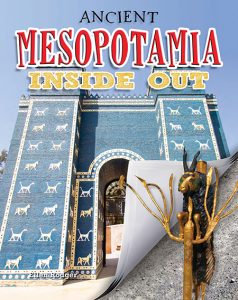 Ancient worlds inside out series
Ancient worlds inside out series
by various authors
Grades: 4-6
A series of four books which use artifacts to explore the culture and achievements of ancient Egypt, Maya, China, and Mesopotamia.
 Stories from ancient civilizations: Greece
Stories from ancient civilizations: Greece
written by Shahrukh Husain, illustrated by Bee Wiley
Grades: 4-6
An anthology of Greek mythology, including background information related to the myths and characters, a glossary, and index. For more books in the “Stories from ancient civilizations” series, click here.
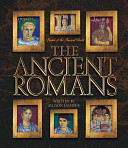
by Allison Lassieur
Grades: 4-8
Illustrates many aspects of Roman life, including the government, religion, the life of the working class, the role of women, and more. For more books in the “People of the ancient world” series, click here.
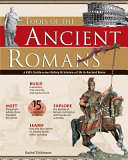
Tools of the Ancient Romans: A kid’s guide to the history & science of life in Ancient Rome
by Rachel Dickinson
Grades: 5-8
Explores the history and science of ancient Rome, teaching about Roman innovations and ideas of government, science, religion, sport, and warfare, and how they have shaped world history and our own world view. See also Tools of the Ancient Greeks.
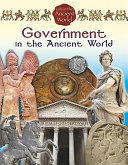
Government in the ancient world
by Paul Challen, Shipa Mehta-Jones, and Lynn Peppas
Grades: 5-8
Provides snapshots of several types of government in the ancient world, including Chinese dynasties, Greek democracy, the Mesopotamian justice system, and more. For more books in the “Life in the ancient world” series, click here.
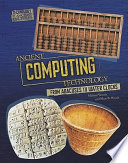
Ancient computing technology: From abacuses to water clocks
by Michael Woods and Mary B. Woods
Grades: 6-9
Describes the mathematical technology used by ancient societies, covering techniques used for counting, measurements, weights, time, and calculations, including the ancient civilizations of China, Greece, Rome, India, and the Middle East.
Finding More Resources
To find more resources in this area, try the following:
- Search using the General tab on the UBC Library website to look for material in all UBC Library branches.
- Search using “Search Education Resources” box in the left hand bar on the Education Library website to limit your results to materials in the Education Library.
- Use specific search terms to narrow your results, such as “History, Ancient–Study and teaching”, “Ancient Civilizations”, “Civilization, Ancient–Juvenile literature”, “Civilization, Ancient–Study and teaching (Elementary)”
- To find lesson plans, include “lesson plans”, “lesson planning”, or “activity programs” in your search terms.
For more help with searching, please visit the Library Service Desk or e-mail ed.lib@ubc.ca.
